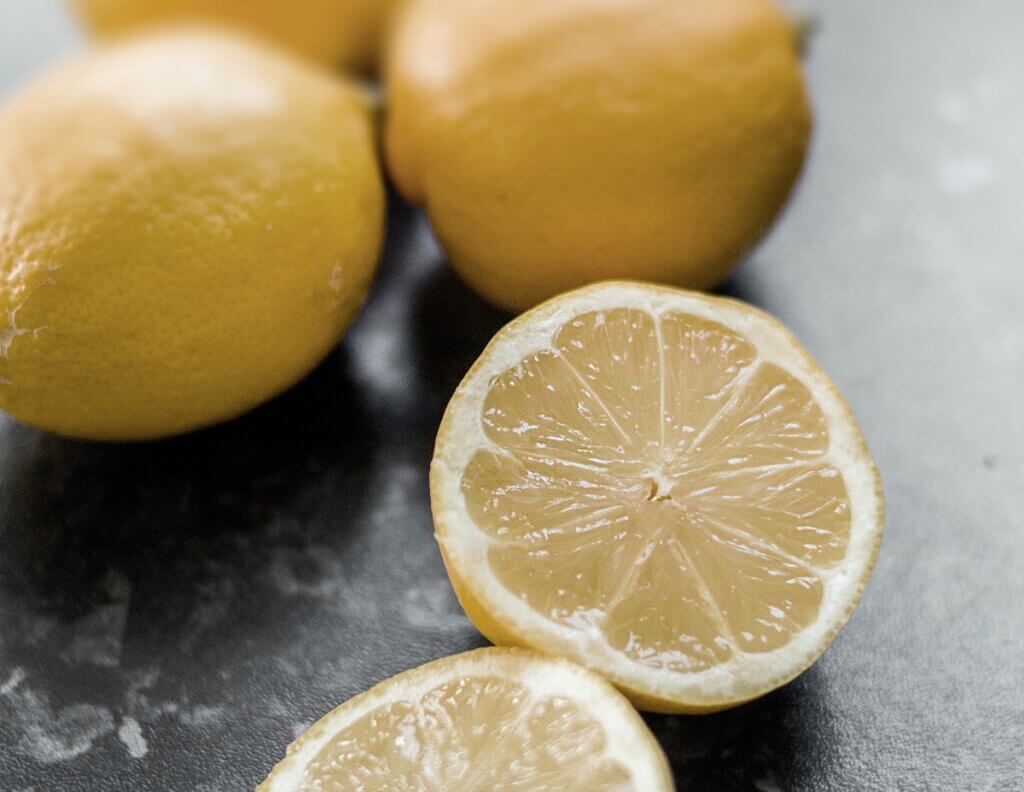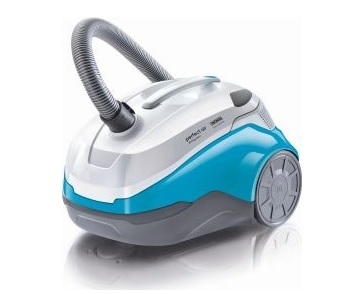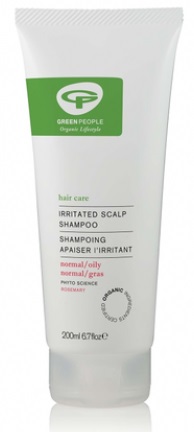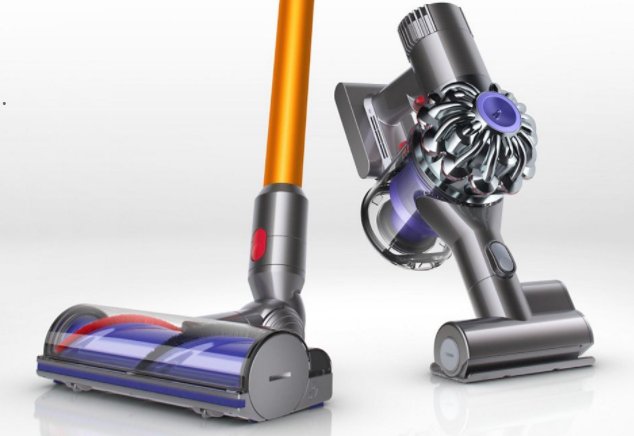Many people have sensitivities and allergies without knowing the cause. Being in certain environments can cause some people to get itchy skin, a runny nose, watery eyes, or a tight feeling in the chest. Often it can be difficult to pinpoint the cause of the allergy as there are a multitude of factors which could contribute: pet hair, dust mites, personal grooming products and food products. Allergy tests can be done, but these are sometimes costly and not available at all GP surgeries. If you have tried avoiding the above factors and are still experiencing sensitivities, you may not have considered a surprisingly common cause of allergies: household cleaning products.
Avoiding some types of cleaning products can be helpful in alleviating allergies, however, cleaning products themselves can also aid allergy suffers. Consider buying an anti-allergenic vacuum cleaner, with a specialised filtration system. HEPA (High Efficiency Particle Air) filters retain allergy-causing particles, and are great for those suffering from allergies. When buying a new vacuum cleaner, look for a model which has been approved by the British Allergy Foundation.

- Sodium Hdroxide – Understanding the dangers of certain cleaning products can also be helpful for allergy sufferers, as you can get learn which items are best to avoid. Sodium hydroxide is a key ingredient of many oven cleaners, which can irritate airways and result in breathing difficulties. Check the ingredients listings on the back of oven cleaner and steer clear of sodium hydroxide.
- Sodium Hypochlorite – Bleach can also be an irritant to some, as it contains sodium hypochlorite, which gives off fumes that can irritate the eyes, nose, throat and lungs. As this is a key ingredient in bleach, this type of cleaning product should be avoided by allergy sufferers altogether. A more natural alternative would be to use borax powder diluted in hot water. Lemon juice can also help to clean surfaces.
- Napthalene – Another product with potentially irritating fumes is toilet cleaner, which often contains napthalene. Again, this can irritate the eyes, nose and throat, as well as the skin. Natural alternatives are available, and are usually a lot cheaper than chemical products! Vinegar – a store cupboard staple in most households – can be used as a toilet cleaner, as it softens limescale when left in the toilet bowl overnight.
- Ammonia – Vinegar can also be used as an effective alternative to window cleaner, which may also irritate allergy sufferers. Window cleaners often contain ammonia, which can irritate the eyes, skin and lungs. Simply add vinegar to clean, warm water and achieve sparkling windows and glass, without the nasty side-effects of chemical cleaners. Simple newspaper can be used to buff up a lovely clear finish and avoid smudges and smears.
- Household air fresheners – Even products which seem perfectly harmless can contribute to some people’s allergies. These include household air fresheners, many of which contain volatile organic compounds. The fragrance many of these store-bought air fresheners are often overpowering and synthetic, so why not opt for something more natural, and lessen your allergies at the same time? A bunch of freshly-cut flowers or a few drops of essential oil in a bowl of potpourri will create a beautiful, safe and subtle fragrance in your home.
If you are susceptible to allergies and are unsure of the exact cause, it may be useful to check your cleaning products. Choose natural alternatives and specially-designed equipment to keep a clean home and feel great too!
It’s all these little lifestyle changes that can begin to help you live with less allergy problems.
Photo by Dominika Roseclay from Pexels












Leave a Reply